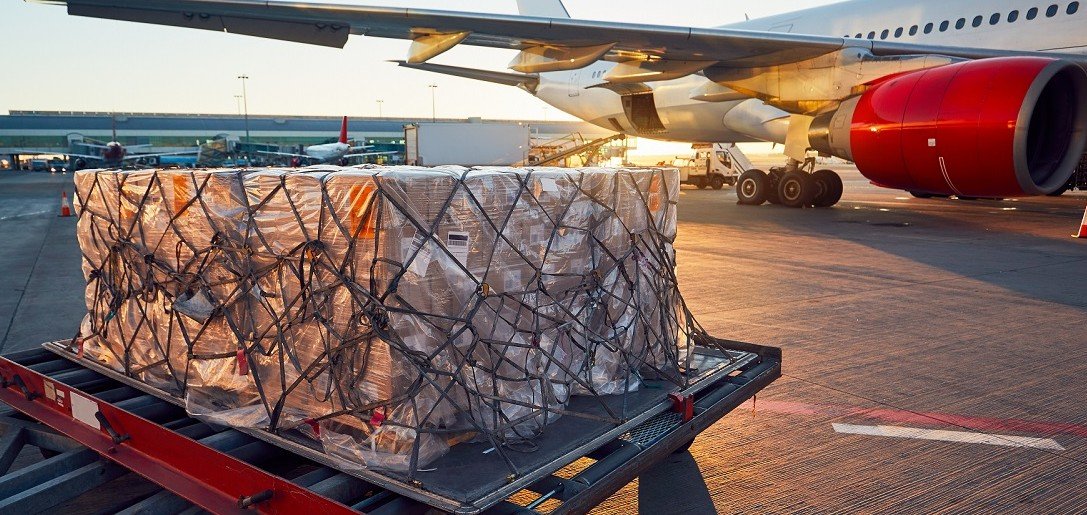Egypt is stepping up its air freight operations to meet surging demand for strawberries in Europe during the 2025 season. Charter flights and expanded carrier services from Cairo to key hubs like Hahn Airport are ensuring fresh produce reaches markets faster amid an early harvest.
Early Start to the Strawberry Season
Egypt’s strawberry season kicked off about two weeks ahead of schedule this year, leading to bigger crops and higher export volumes. Farmers in key regions report stronger yields compared to last year, pushing the need for quick transport to keep fruit fresh.
This early timing creates challenges but also opportunities for growers. With ideal weather conditions boosting production, exporters aim to capitalize on peak European demand before supplies from other countries flood the market.
Experts note that Egypt holds the top spot globally in frozen strawberry exports, shipping over 200,000 tons annually worth around a quarter billion dollars. Fresh strawberries follow a similar path, with air freight playing a vital role in maintaining quality during transit.

Capacity Boost Through Charters and Freighters
To handle the increased volume, Egypt has turned to charter operator AirMaster for additional flights. The company now runs perishables services from Cairo to Hahn Airport using two B737-800BCF aircraft, each carrying up to 22 tons per flight.
Egyptair Cargo supports this effort with its A330F freighters landing twice weekly at Hahn or Ostende. These moves address a temporary shortfall in main deck capacity, as some Egyptair aircraft are committed to e-commerce routes between China and Europe.
More capacity from Egyptair is set to come online starting December 2025. Until then, the charter flights fill the gap, operating at least once and often twice daily through the holiday period.
- AirMaster’s flights focus on speed to protect perishable goods in cold weather.
- Hahn Airport’s efficient handling draws these operations over other European sites.
- Local agents ensure rapid customs and quality checks for seamless delivery.
Key Players and Distribution Networks
Major recipients include DHL Food Logistics and the Belgian Tulpin Group, which distribute to wholesalers in Germany and the UK. About 60 percent of strawberries landing at Hahn stay in Germany, supplying chains like Rewe and Edeka.
The Tulpin Group moves a large share to the UK via the Channel Tunnel, while French forwarder Sotracom handles smaller portions to France. This network stabilizes the supply chain during the busy early season.
Alain Tulpin, CEO of the Tulpin Group, highlights the stronger crop outlook driving demand. Cooperation between airlines and handlers, like Hahn Cargo’s team, has been key to success.
Hahn Cargo’s COO, Lotfi Zekkour, credits direct communication and cultural ties for quick setup. His background helped seal the deal when Egyptair reached out for reliable perishables handling.
Market Impact and Economic Benefits
Egypt’s air freight market is growing fast, valued at nearly one billion dollars in 2024 and projected to expand at over six percent annually through 2033. Strawberries represent a high-value segment, boosting export earnings and jobs in agriculture.
This expansion ties into broader trends, such as Egypt’s push to become a major air cargo hub connecting Africa, Europe, and Asia. Recent fleet additions, like Egyptair leasing three A350-900s starting in 2025, signal more growth ahead.
| Aspect | Details |
|---|---|
| Market Value (2024) | 958.20 Million USD |
| Projected CAGR (2025-2033) | 6.01% |
| Key Export | Strawberries (Fresh and Frozen) |
| Main Destinations | Germany, UK, France |
| Freight Volume Growth | Up 4-6% Year-over-Year |
These developments help Egyptian farmers compete globally while meeting Europe’s appetite for fresh produce. Challenges like fuel costs and geopolitical issues persist, but strategic partnerships ease the strain.
Looking Ahead to Sustained Growth
As the season progresses, experts expect stabilized capacity to support even higher volumes. This could set a model for other perishable exports, like vegetables and fruits, from Egypt to Europe.
Industry watchers predict that ongoing investments in air infrastructure will drive long-term benefits. For now, the focus remains on bridging the current gap to ensure timely deliveries.
What do you think about Egypt’s growing role in global fruit exports? Share your thoughts in the comments below and spread the word by sharing this article with fellow food industry enthusiasts.
